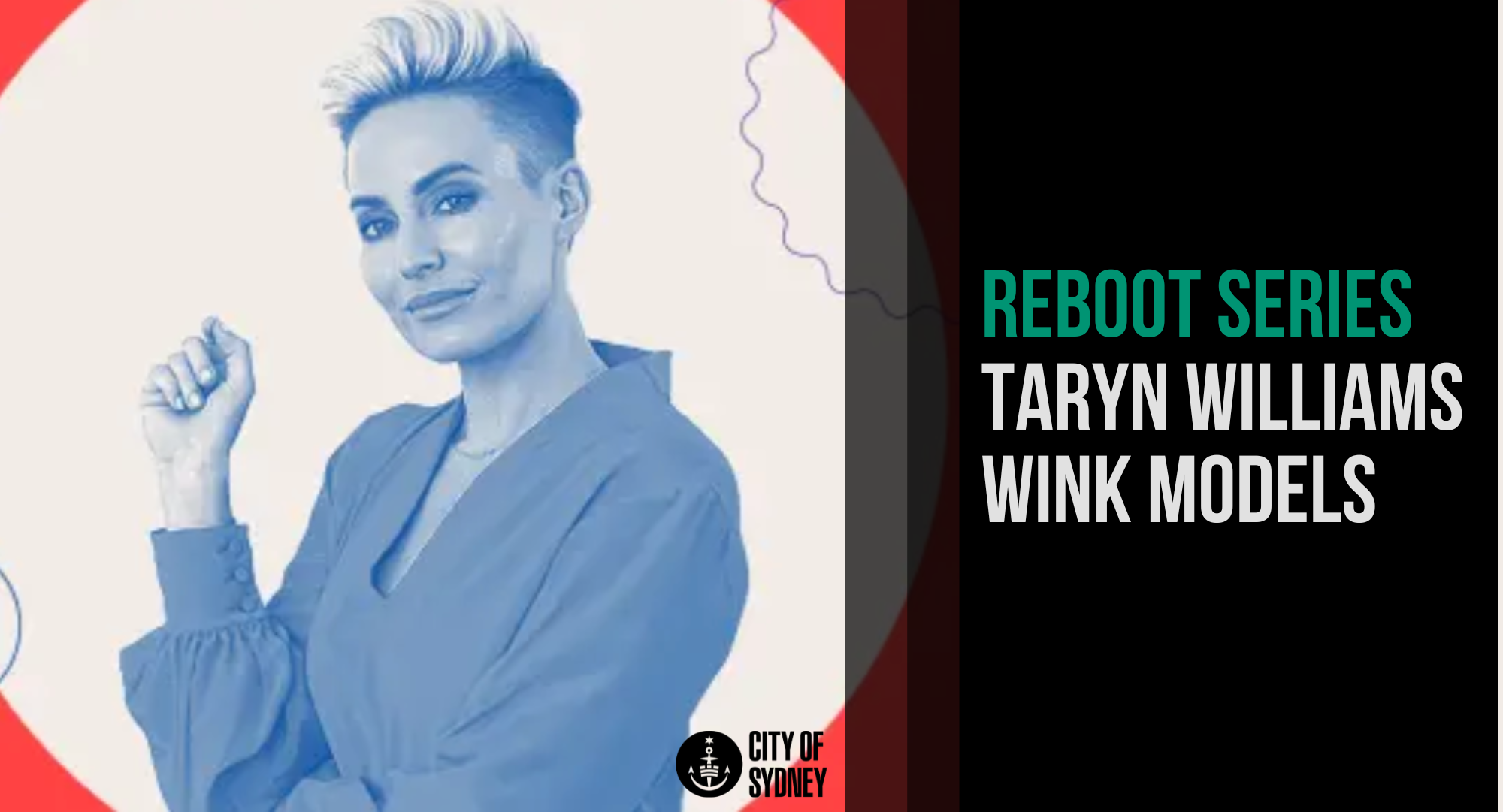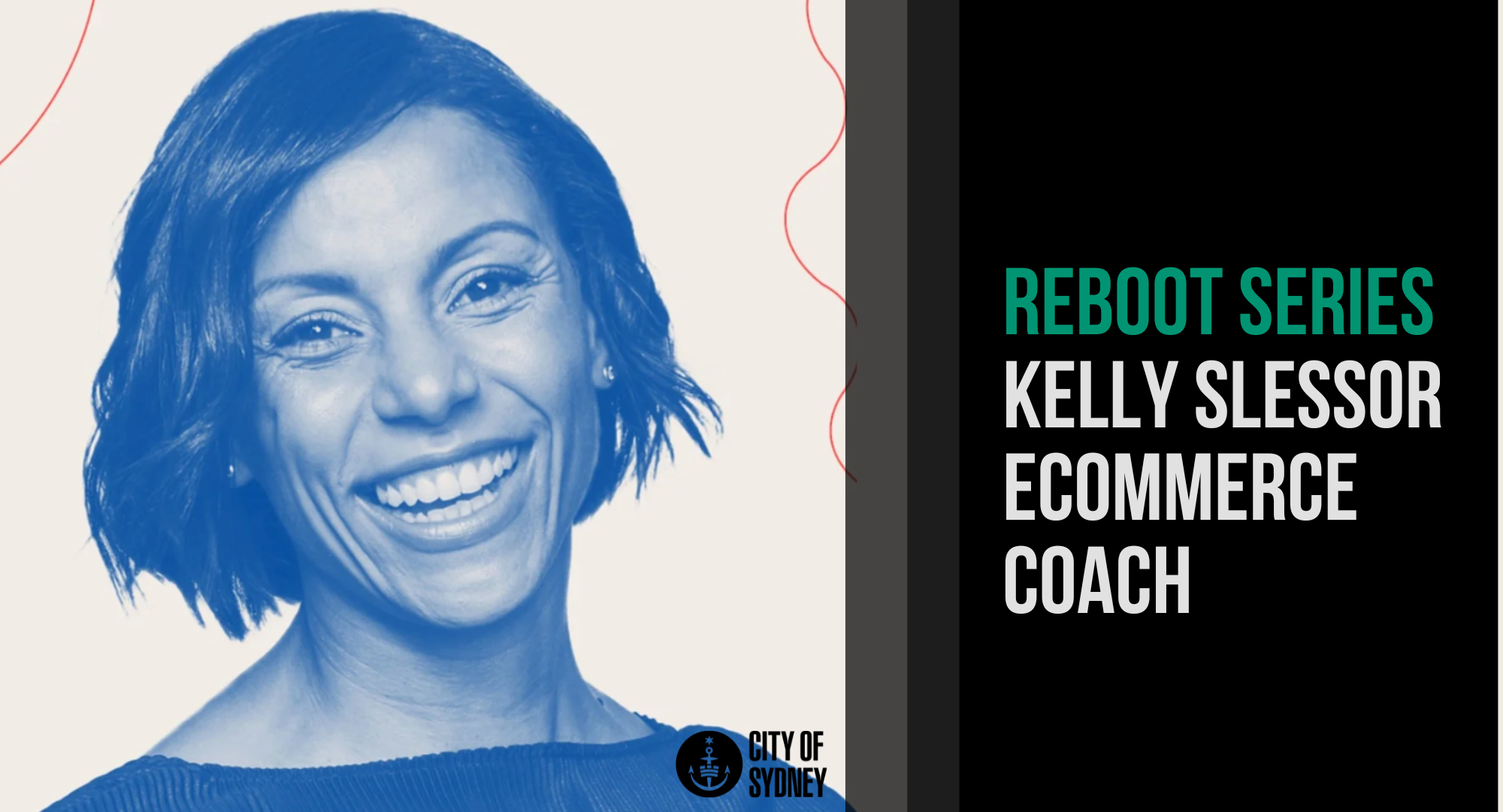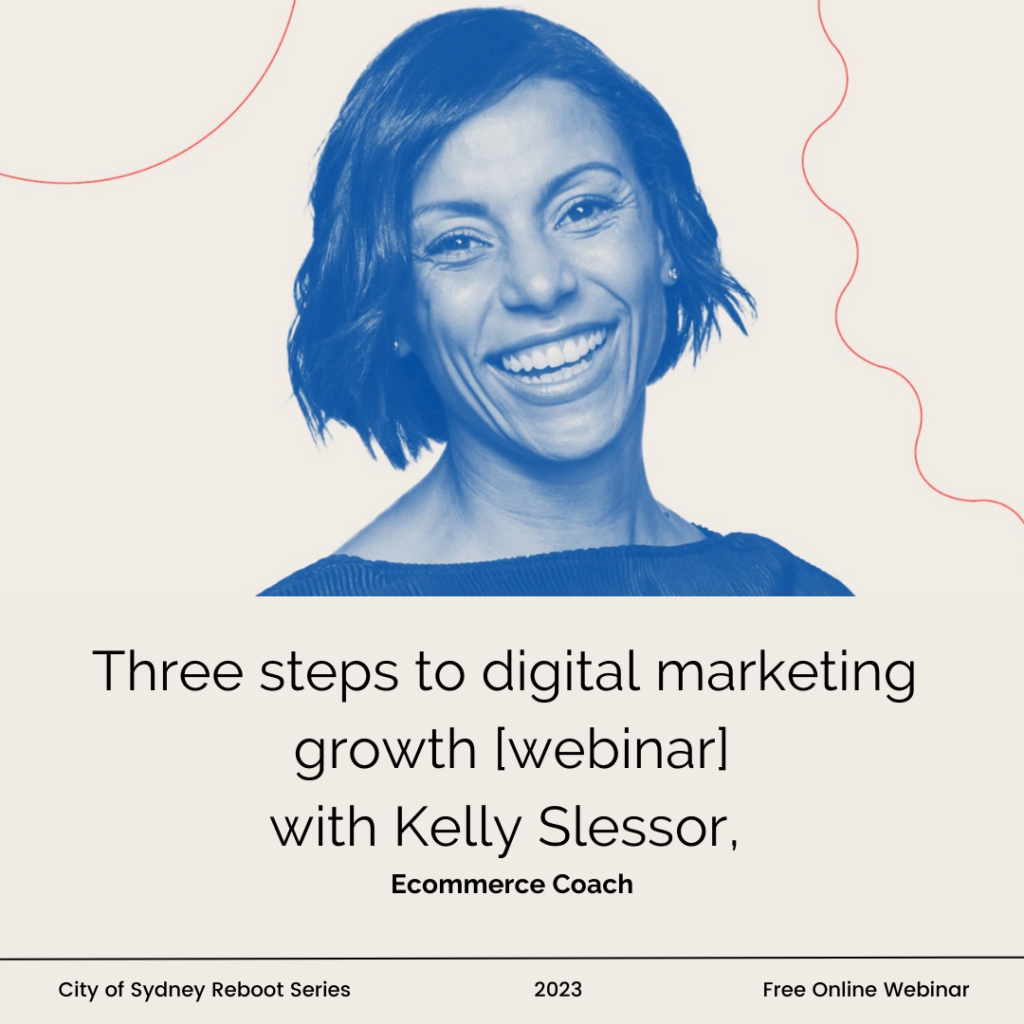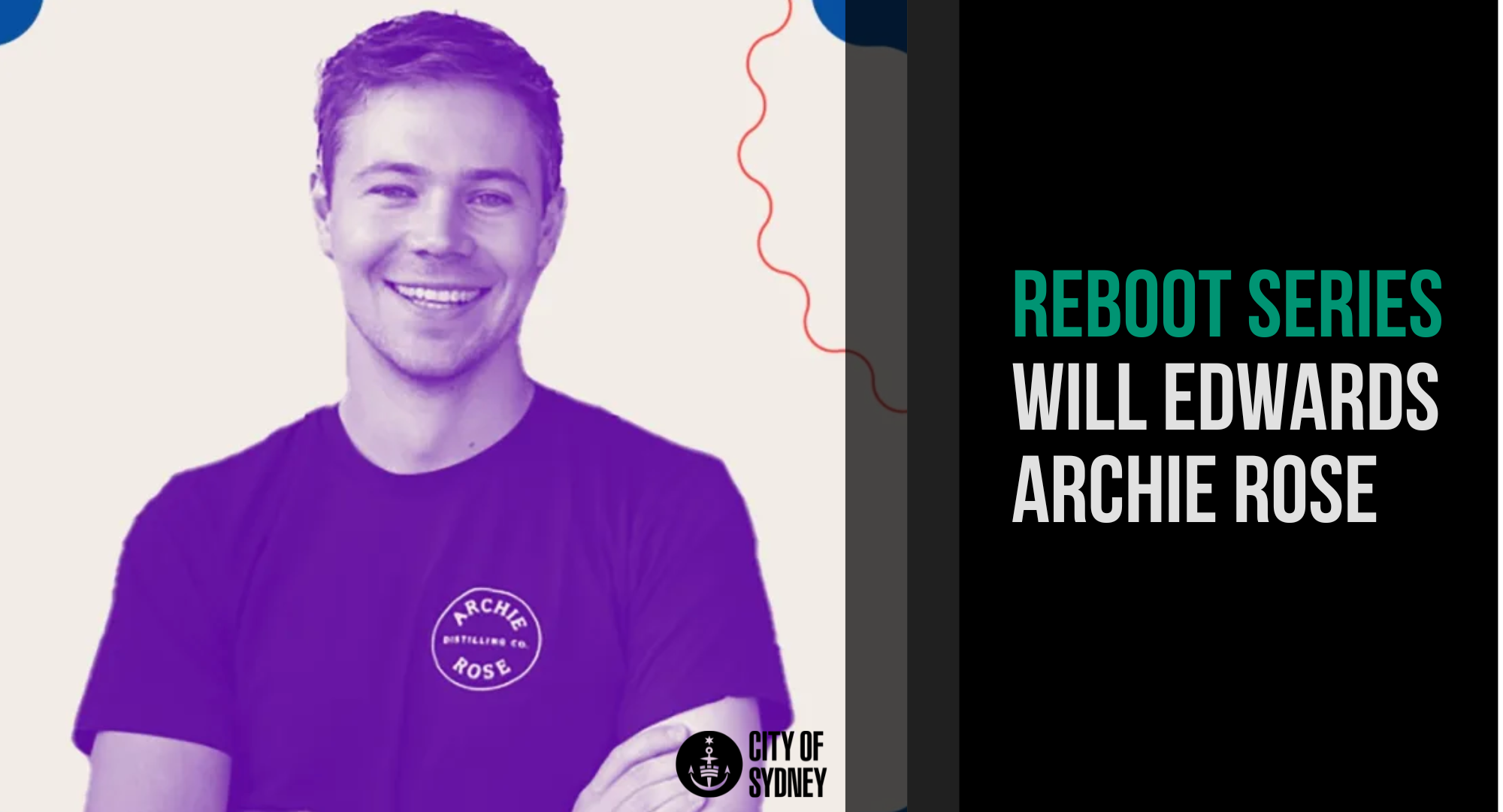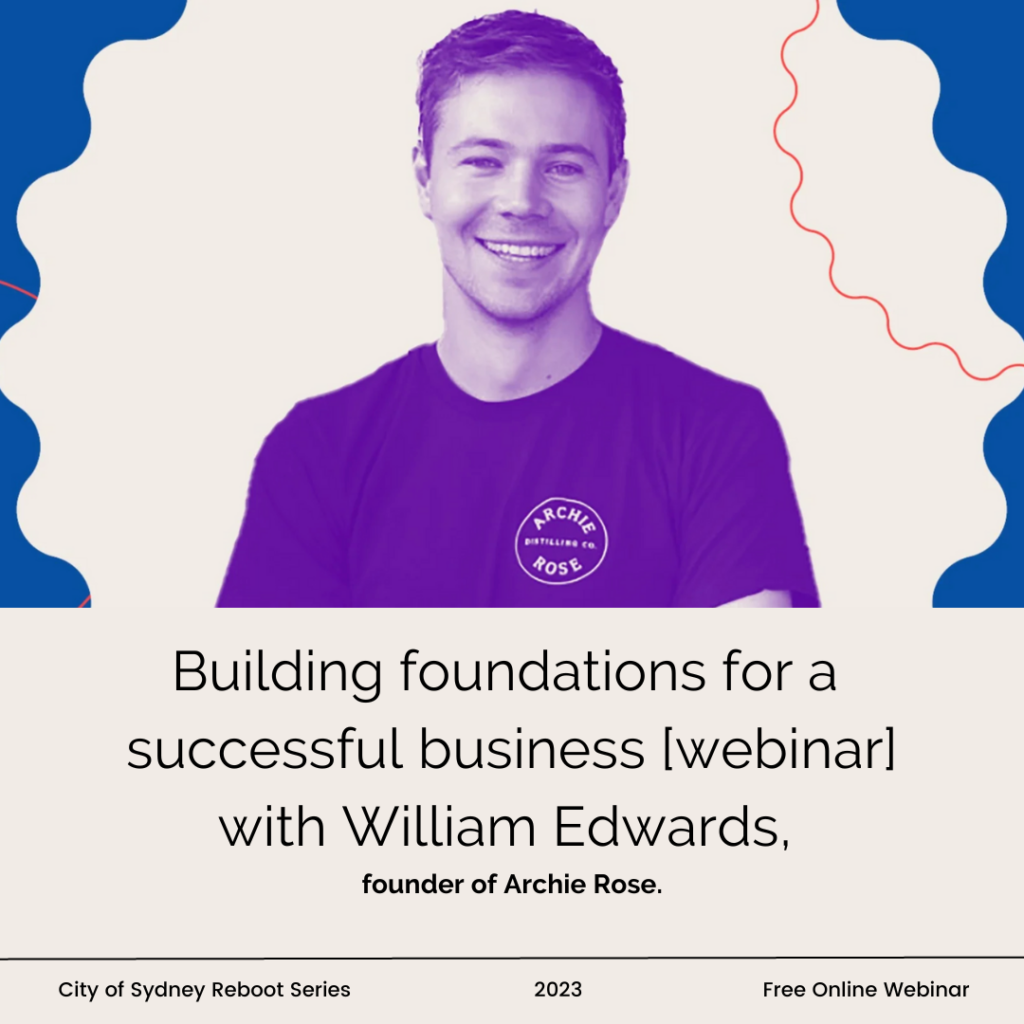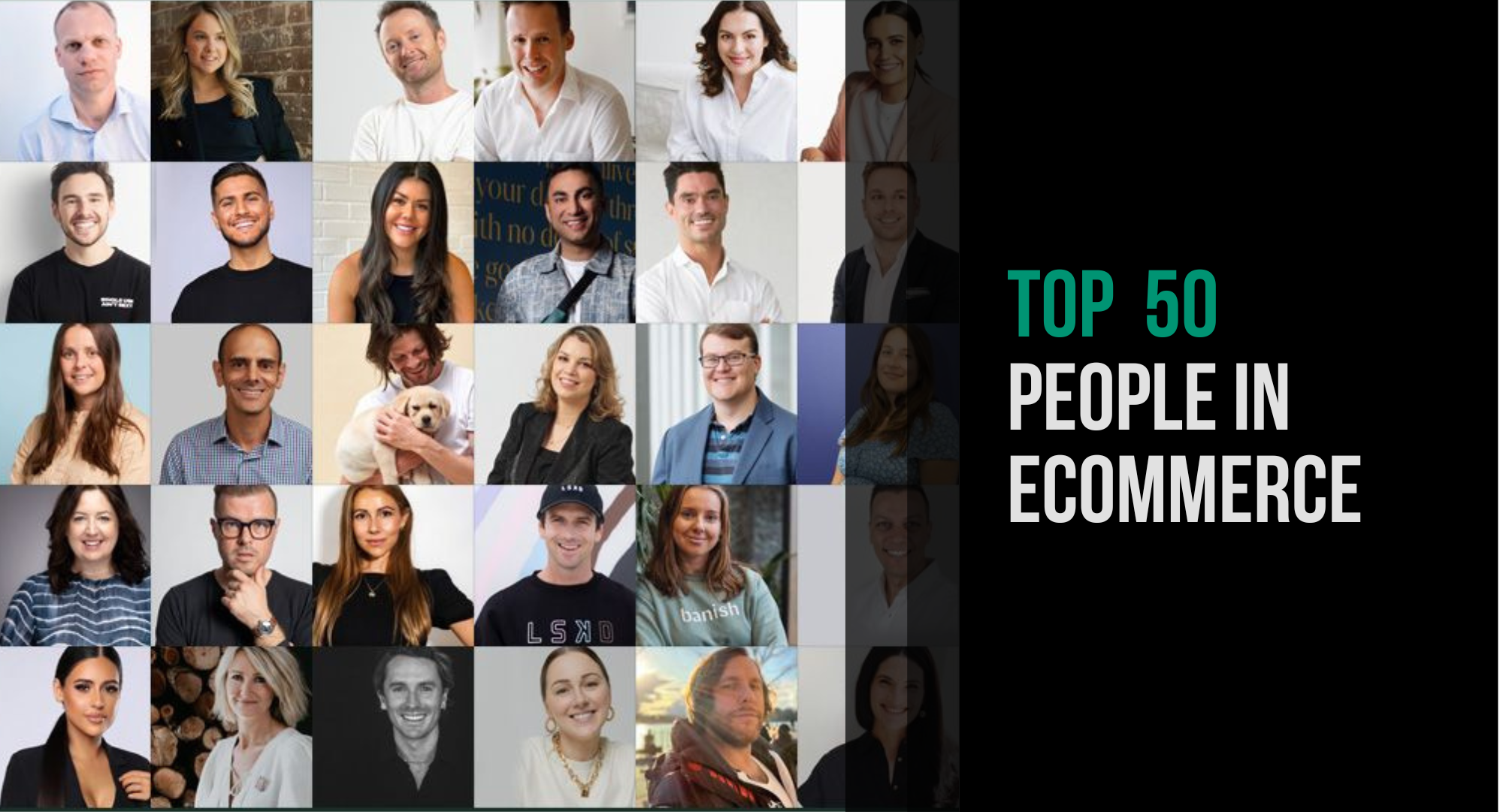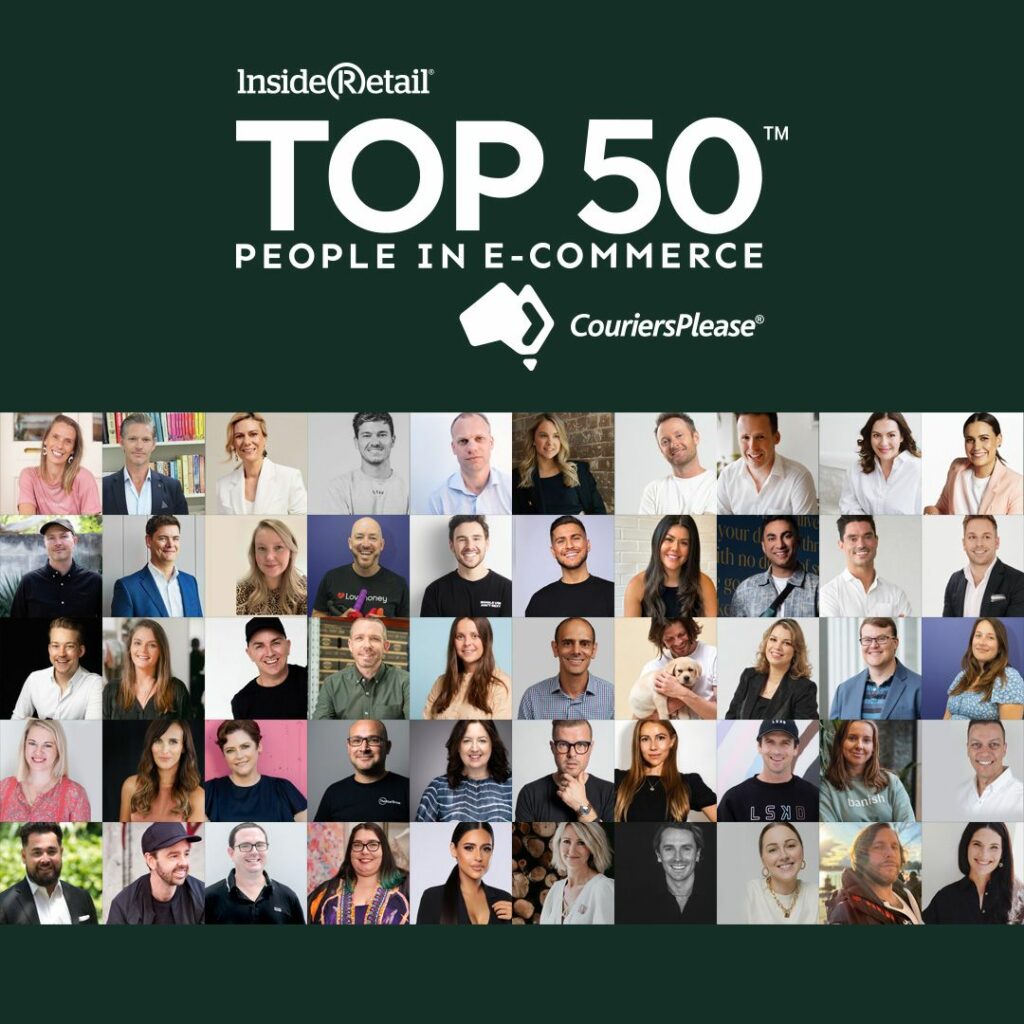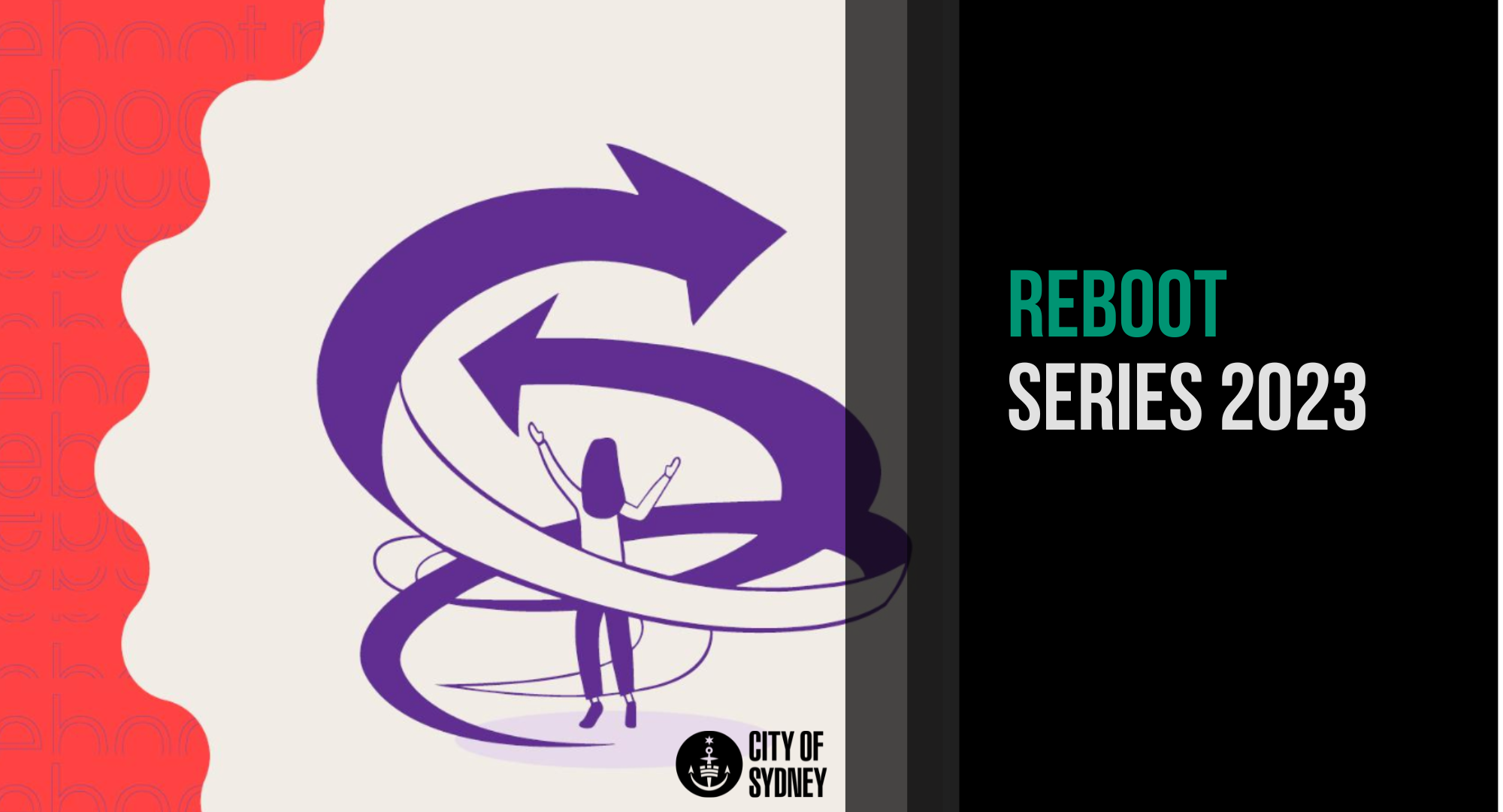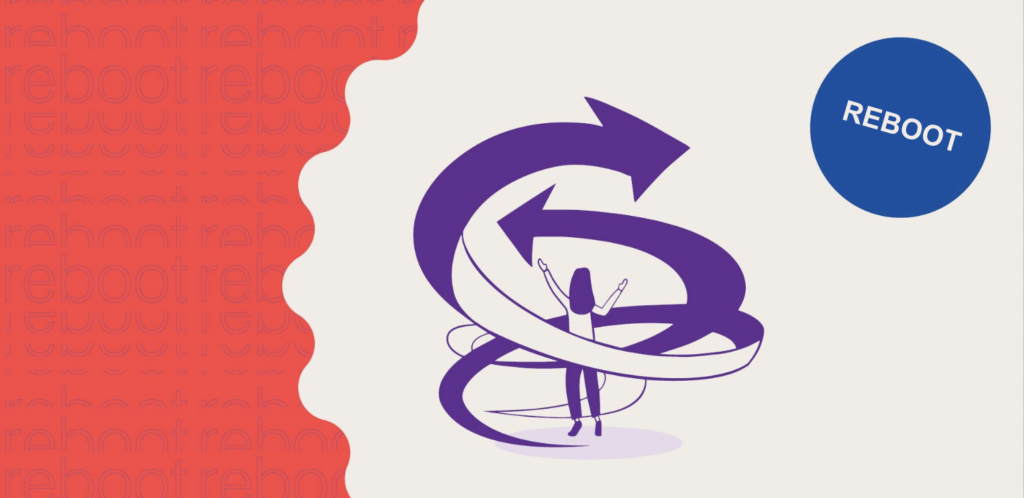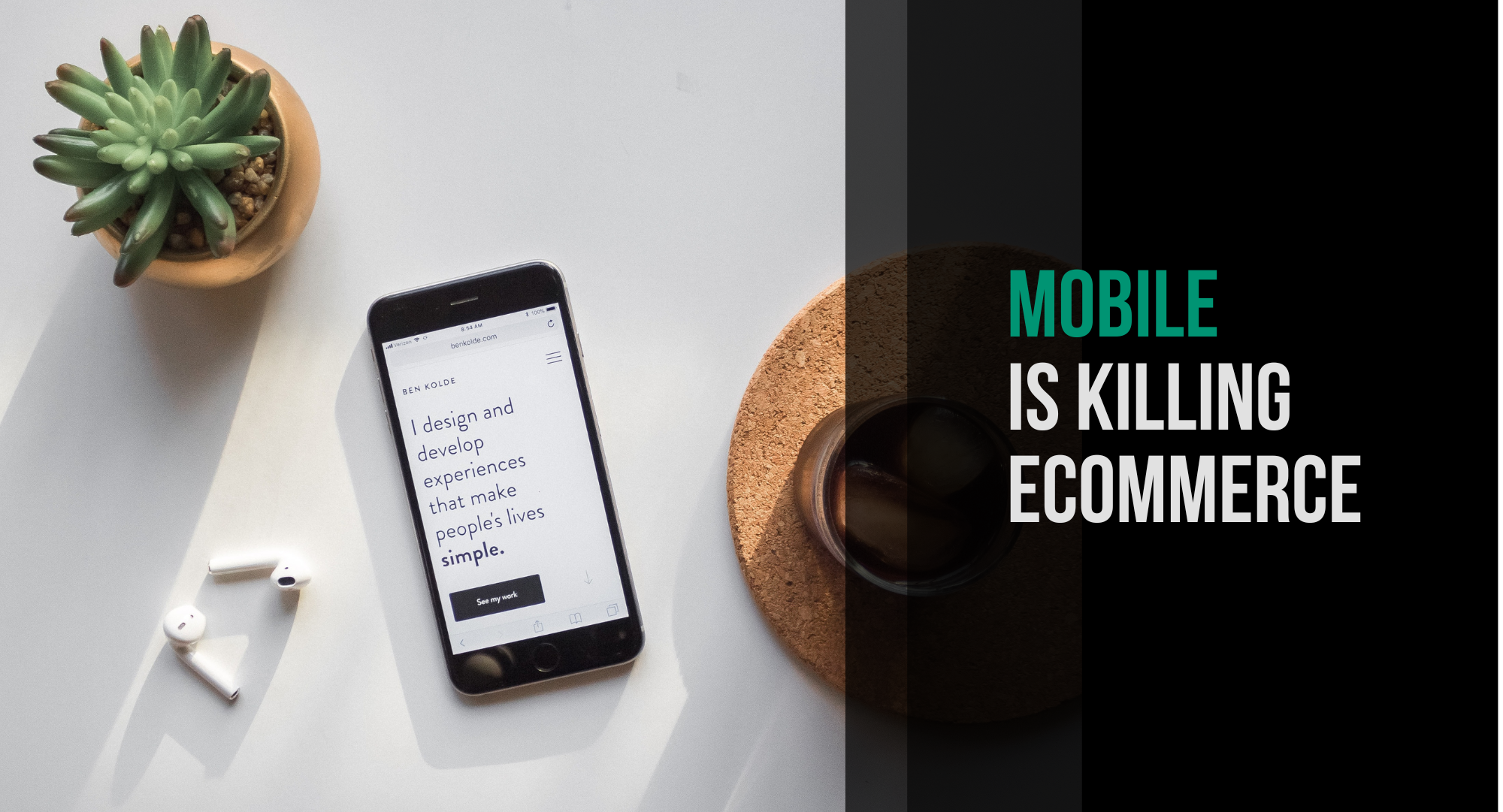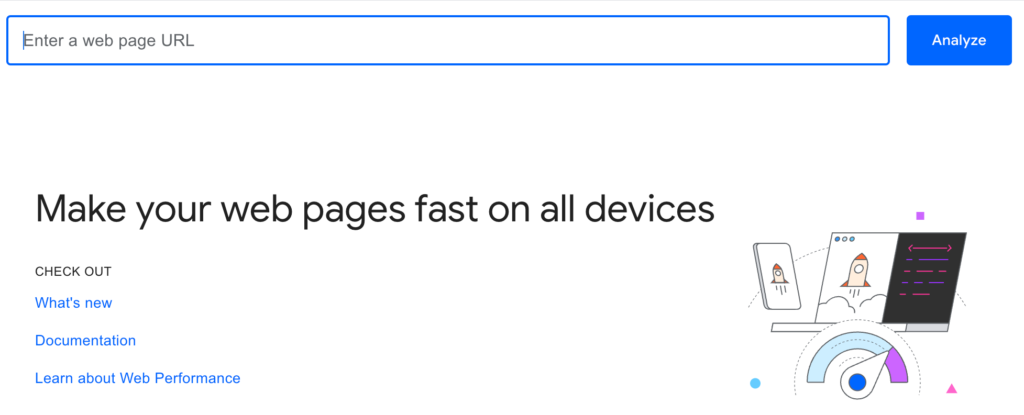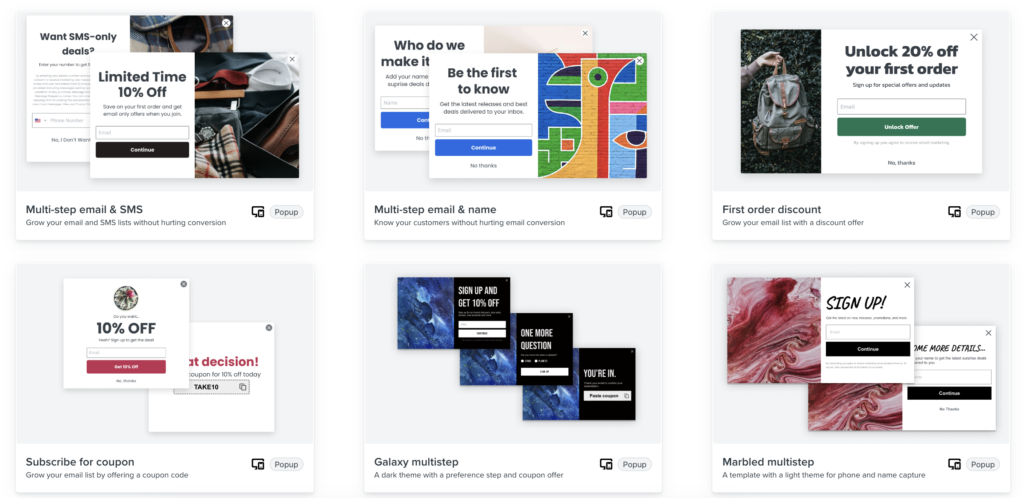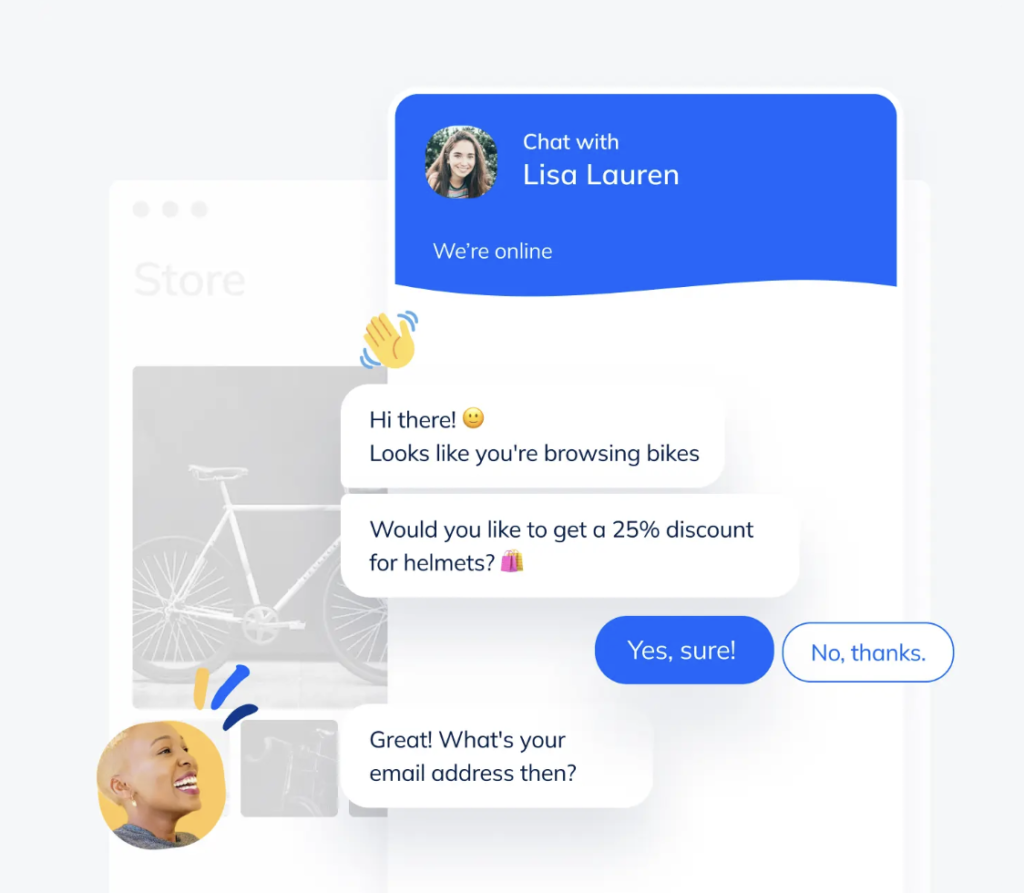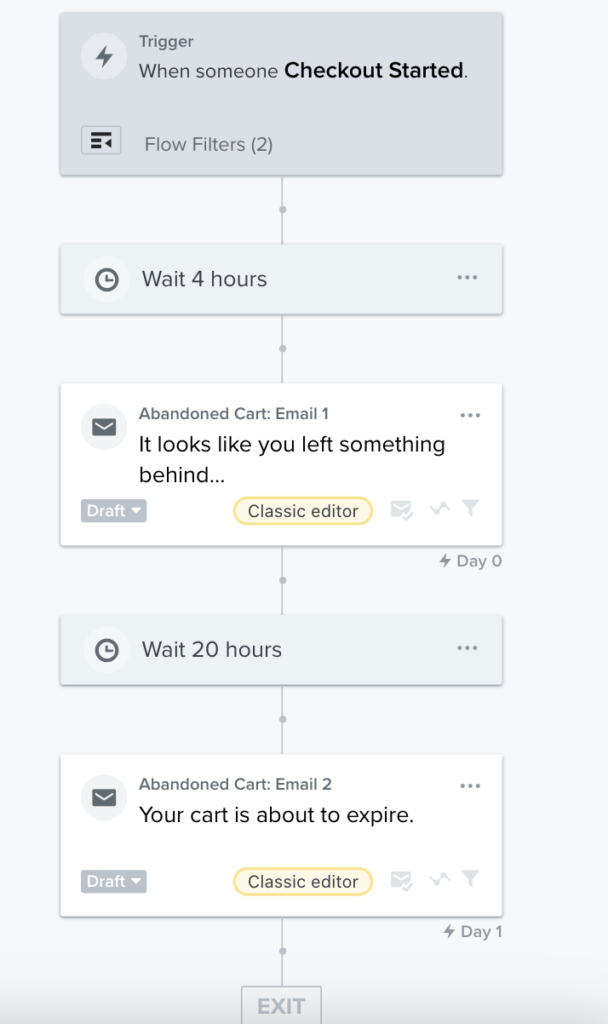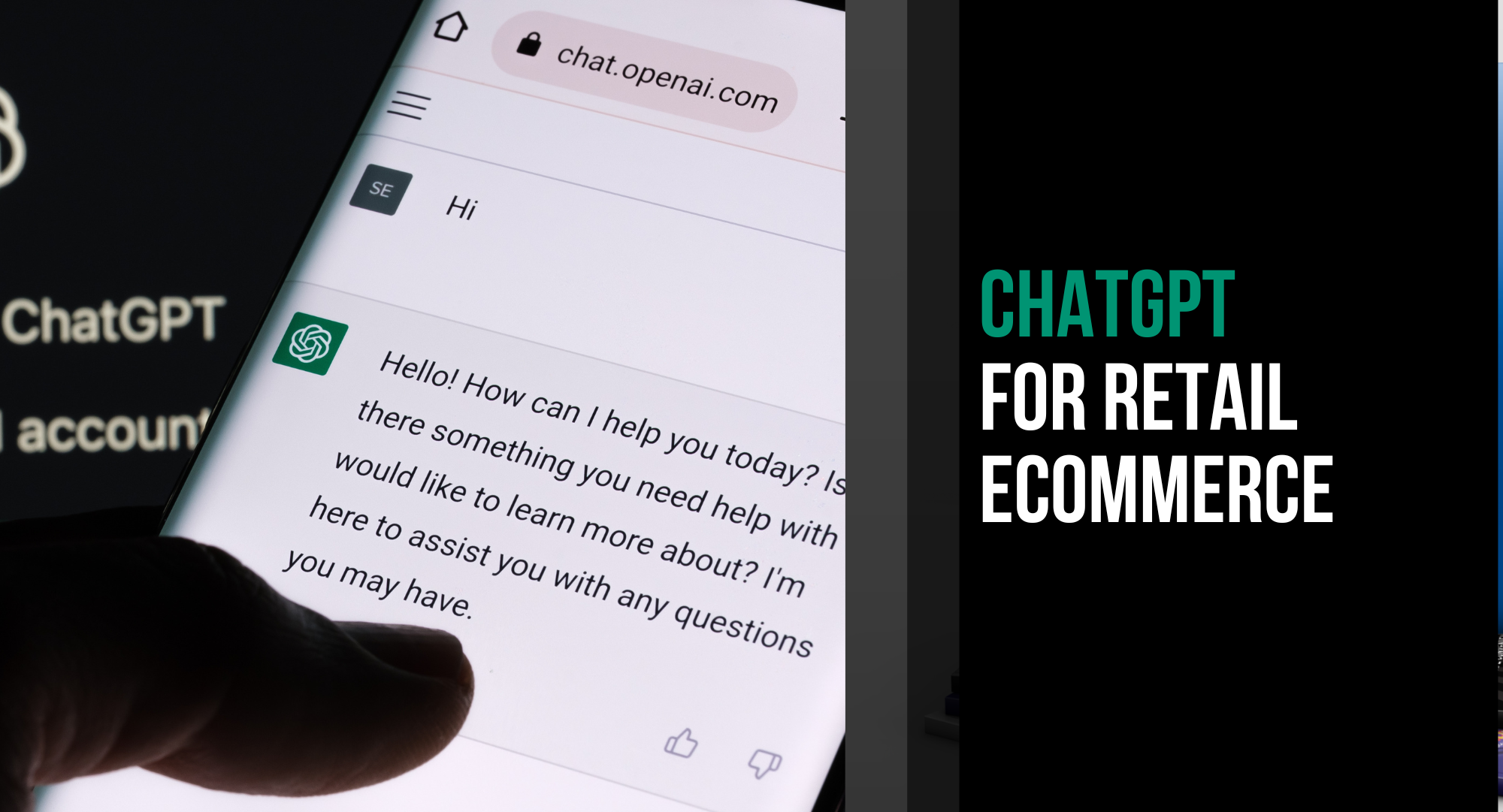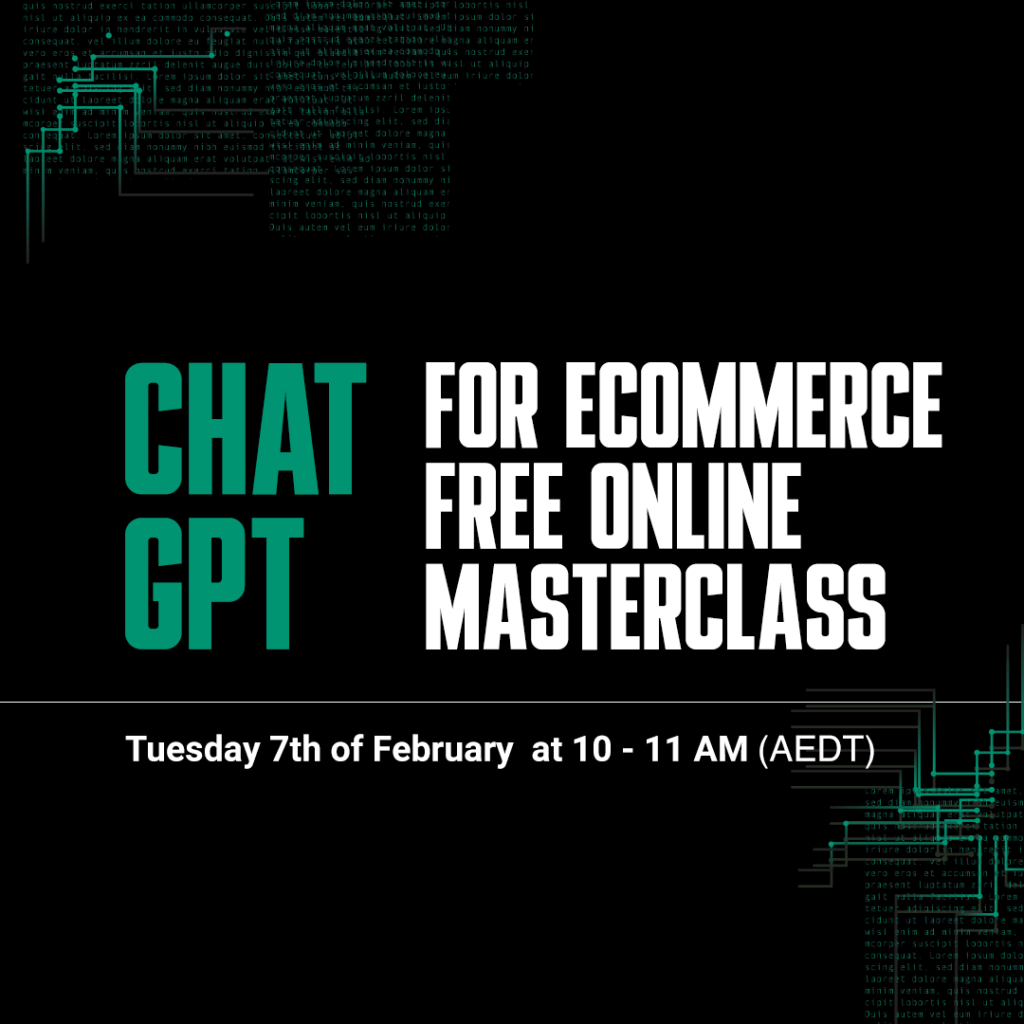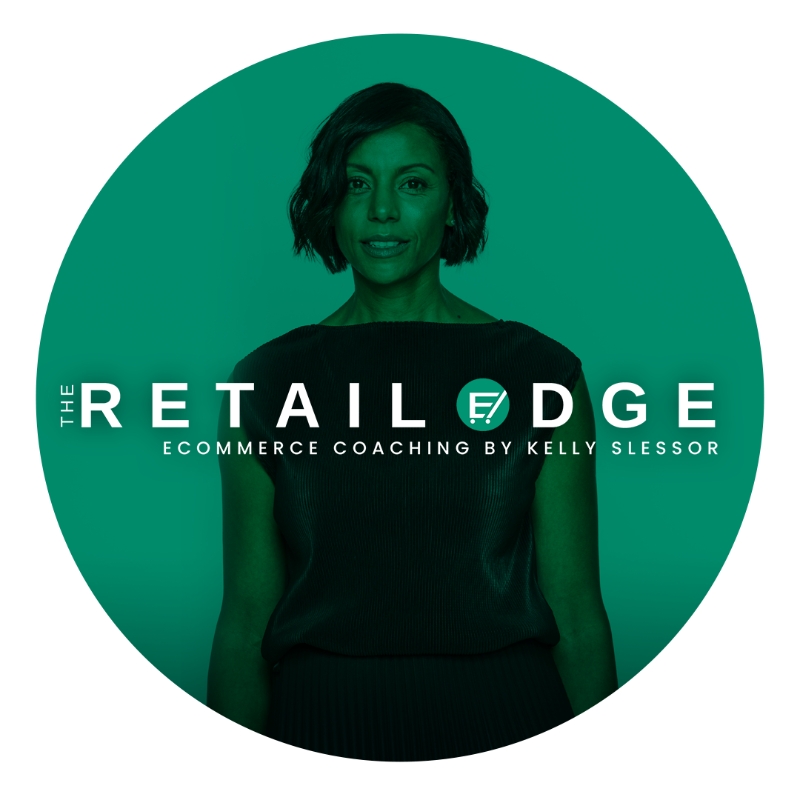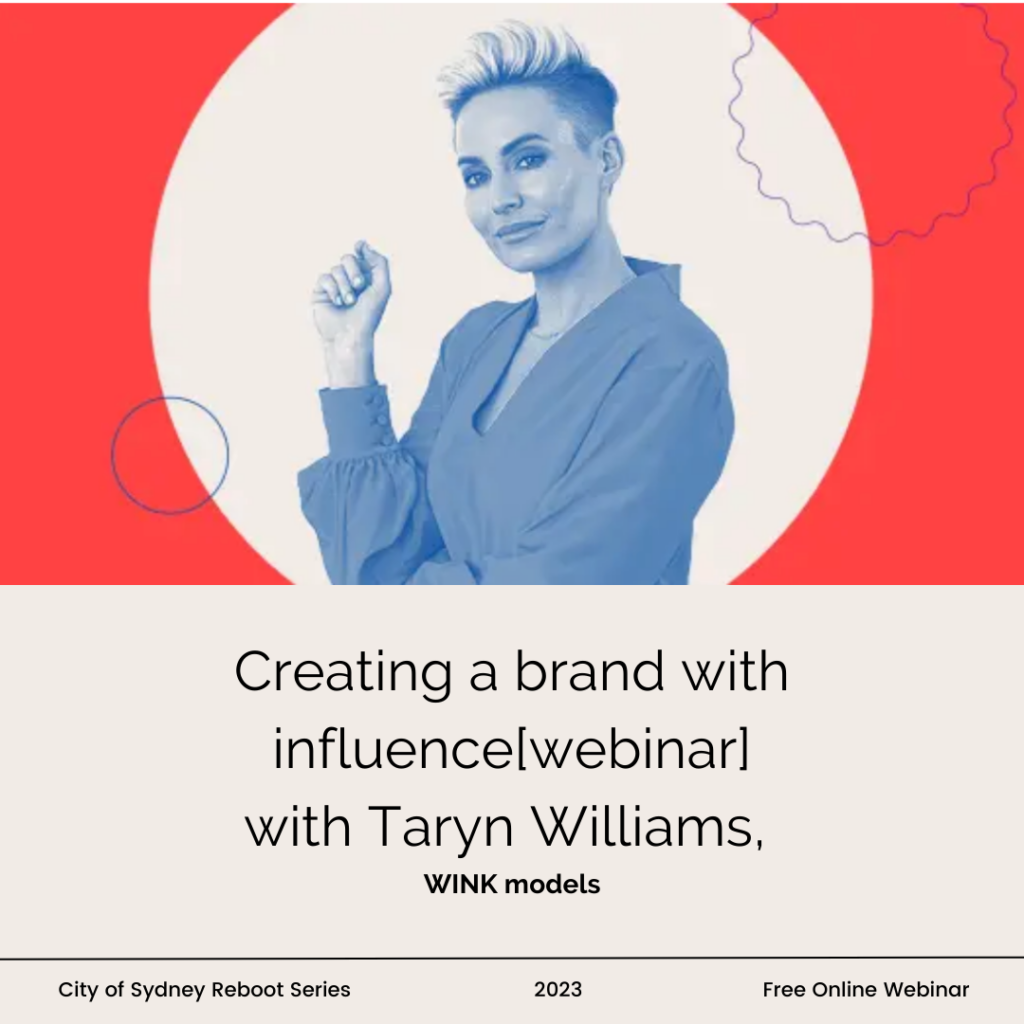
I was honoured to talk to the Taryn Williams of Wink Models and Hash Gifted. In this session, we discuss working with influencers and scaling your business and brand awareness with influencers.
Taryn reviewed and provided feedback on businesses who have volunteered case study;
- Mandy Dean from Salty Cheeks.
Missed this insightful session with Taryn Williams? Watch Tayrn’s Creating a brand with influence session HERE.
Download our influencer checklist to optimise your business with influencers.
Key takeaways from working with influencers
- Have a clear reason for using influencers, whether for brand awareness, repositioning, or reaching new audiences. Choose influencers who align with your brand’s values and purpose rather than focusing on vanity metrics.
- 49% of consumers depend on influencers’ recommendations on social media as a trusted voice of authority. Identify your customer persona and their cross-platform use to effectively cater to and serve their needs.
- Be creative in your influencer’s content creation and solve their pain points to bring value to your customer.
- Establish a clear approval process and clarify content ownership rights.
- Key performance indicators to track are reach, engagement, content quality and brand sentiment.
- Engage with customers by replying to comments, answer frequently asked questions and solve pain points in Instagram highlights.
- Use discount codes and bitly links to track sales influencers.
- Map your customer journey and make it easy for them to convert. Use shoppable links, links in bio and Instagram highlights to guide the customer journey.
There are nine weekly masterclasses on Tuesdays at 12 – 1pm with some of Australia’s leading experts to share their knowledge on themes like digital channels, branding, storytelling and purpose-building with Australia’s leading experts and more.
Next Session: 4th April 2023; Finding power in your voice and story with Kylie Captain. Register for this session HERE.
BIO
Kelly Slessor, is an Ecommerce Coach and a digital marketing expert. Passionate about retail, hospitality and retail service providers. As the founder and CEO of Shop You, an AI powered personalised virtual shopping mall she has spent 20 years building retail technology that responds to customer needs, drives conversions and increases revenue. Over the past year she has worked with over 1000 retailers and hospitality providers. If you want discover more about digital growth and optimisation, work with me.


